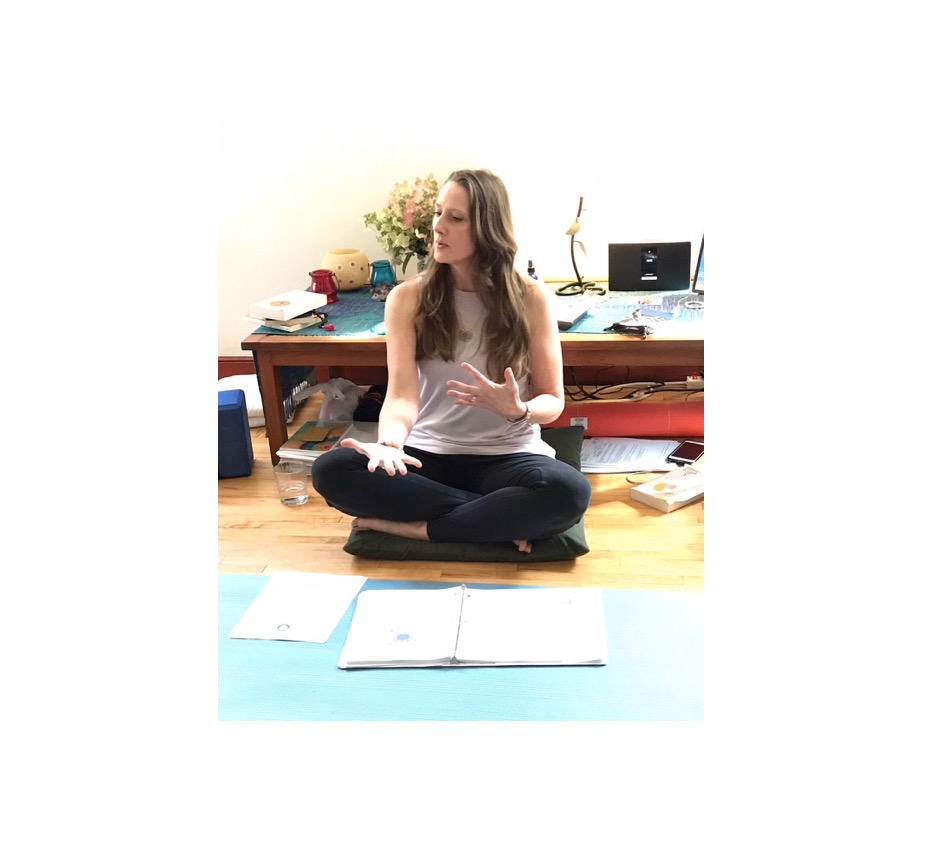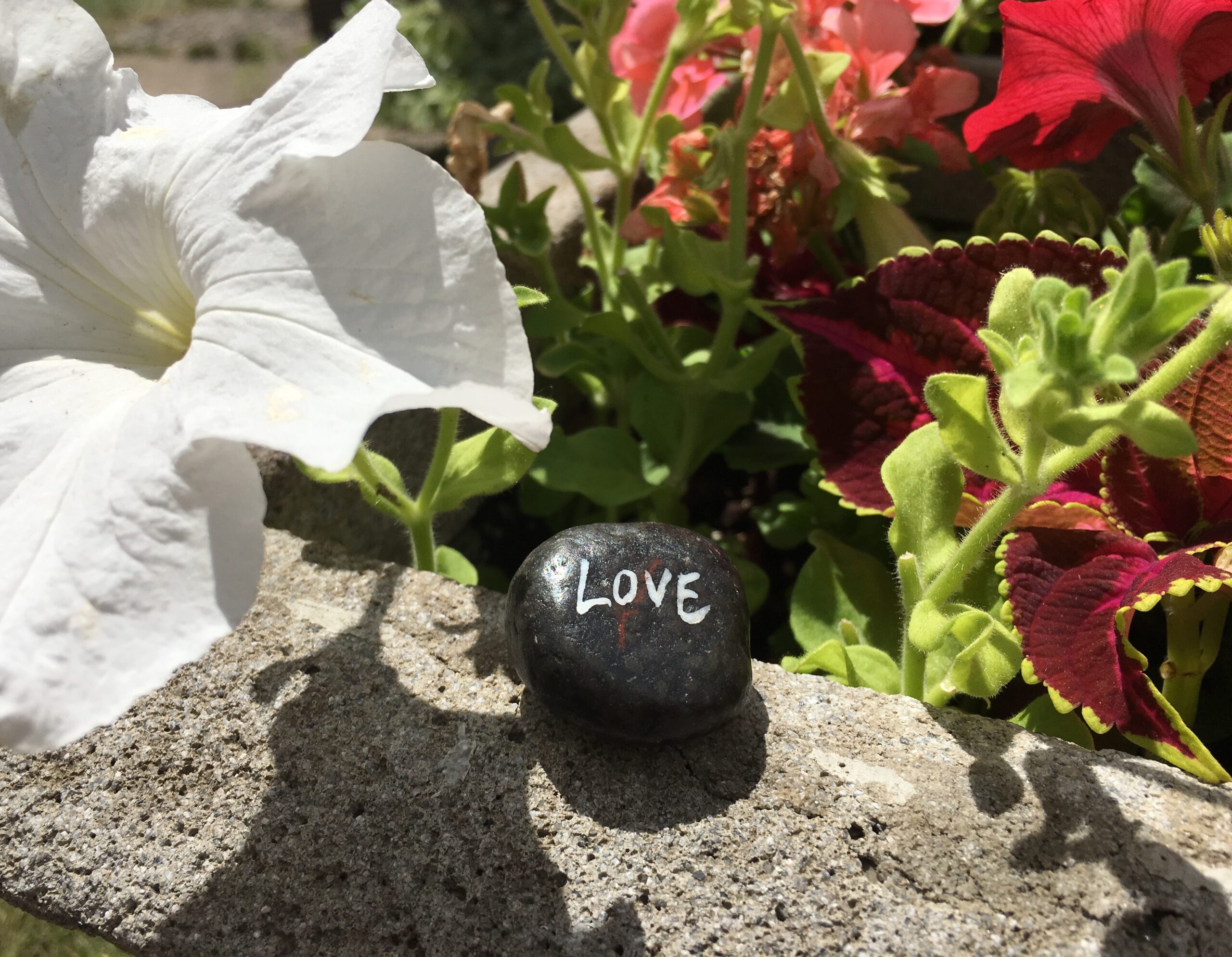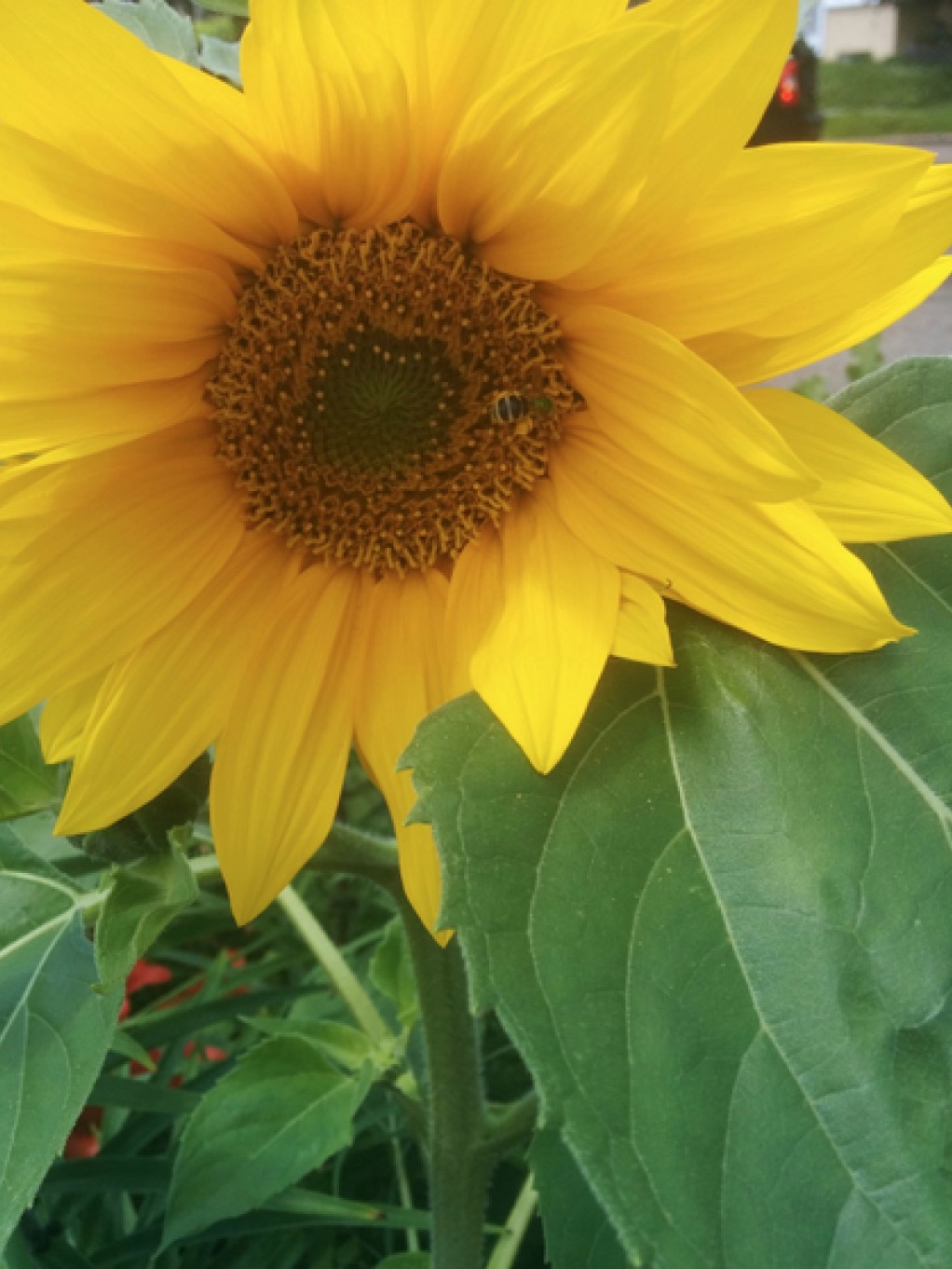The Science of Happiness
There are many factors that can contribute to one’s happiness. It’s not my intent here try to list all of these, but to highlight some areas that may give you some ways to heighten your ‘happiness.’
In this post I am drawing from information that was presented by Richard Fine, Ph. D. during a webinar I attended called The Science of Happiness. It was a wonderful presentation filled with current (2008) scientifically researched information on how and why people feel happy.
An interesting point he made is that happiness is more of a fleeting feeling and that joy or peace more accurately reflect what people mean when they describe themselves as happy. Therefore, the goal would be to feel more overall peace and joy.
So how can you be more happy, uh, I mean more joyful and peaceful? Here are a few factors to consider:
External ‘things’ can make us happy to a point, and sometimes this can be fleeting. Being more peaceful and joyful is a process. It is a balance of external and internal factors. It comes from personal growth, facing difficulties and obstacles, having patience and persistance, having humor, loyalty, friendship, physical exercise, finding meaning and purpose, and leading a life of integrity.
It’s important to have acceptance of life’s experiences, a respect for a wide range of emotions, while working on self-improvement through acceptance. Also, it is important to have acceptance and recognition of divine order, a respect for the sacredness of life, seeing the beauty in creation, while realizing you’re part of something greater.
It comes from finding meaning and contributing to others, and finding value in serving others. Being able to give and receive. In fact, having compassion, sharing, giving to others not only make us, and the receiver feel good, it can lower our stress levels, which means we will be more healthy. How wonderful!
Our emotions and judgments can play a significant factor in how good or not we feel. Psychoneuroimmunology (there’s that word, again!) is a big word that says that our mental and emotional state influences the neural and hormonal systems in the body. If we’re unhappy or stressed, it can have a negative impact on our physical bodies. Therefore, it can be helpful to lower the stress by including the above tips in your life, or inducing the relaxation response through spending time enjoying nature, spending time with a loved one, exercising, meditation, biofeedback, or guided imagery. This will improve your sense of well-being, make you more healthy overall, and quite likely even prevent disease.
When we feel more relaxed and peaceful, we generally feel more positive. Life looks brighter. We enjoy ourselves, others, and life’s experiences more.


